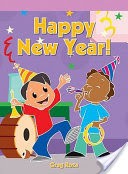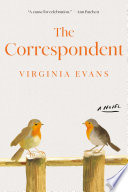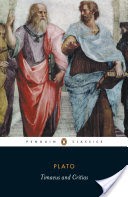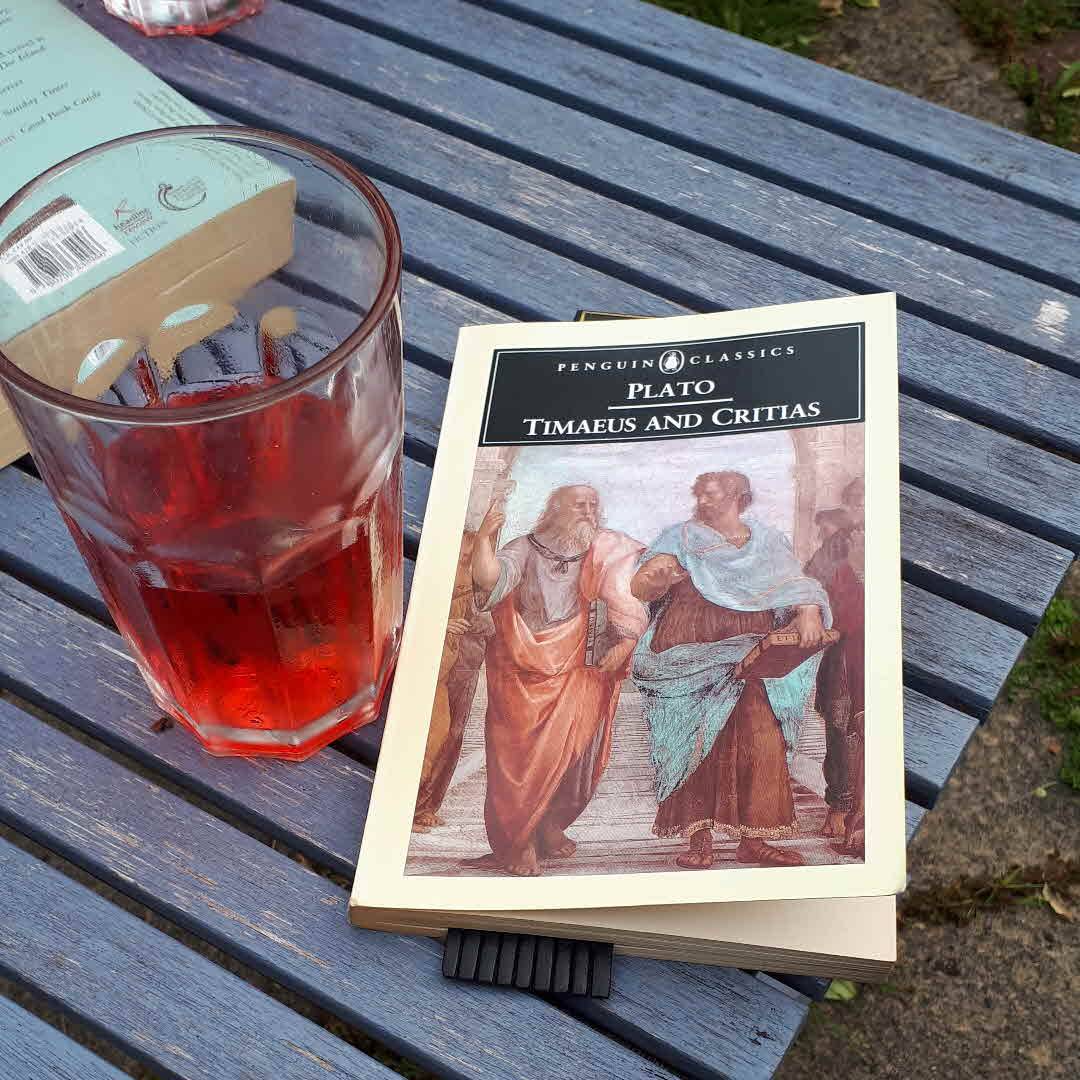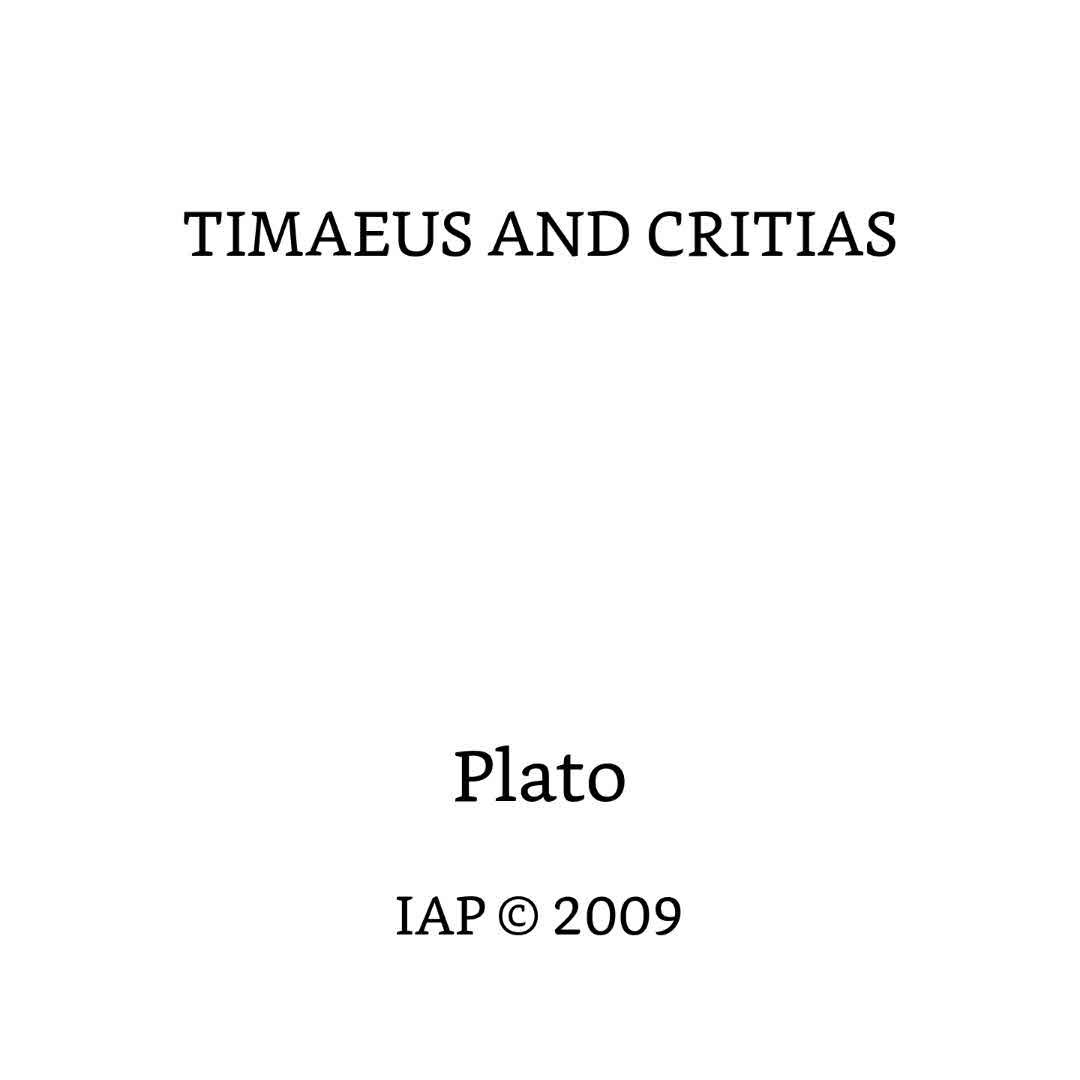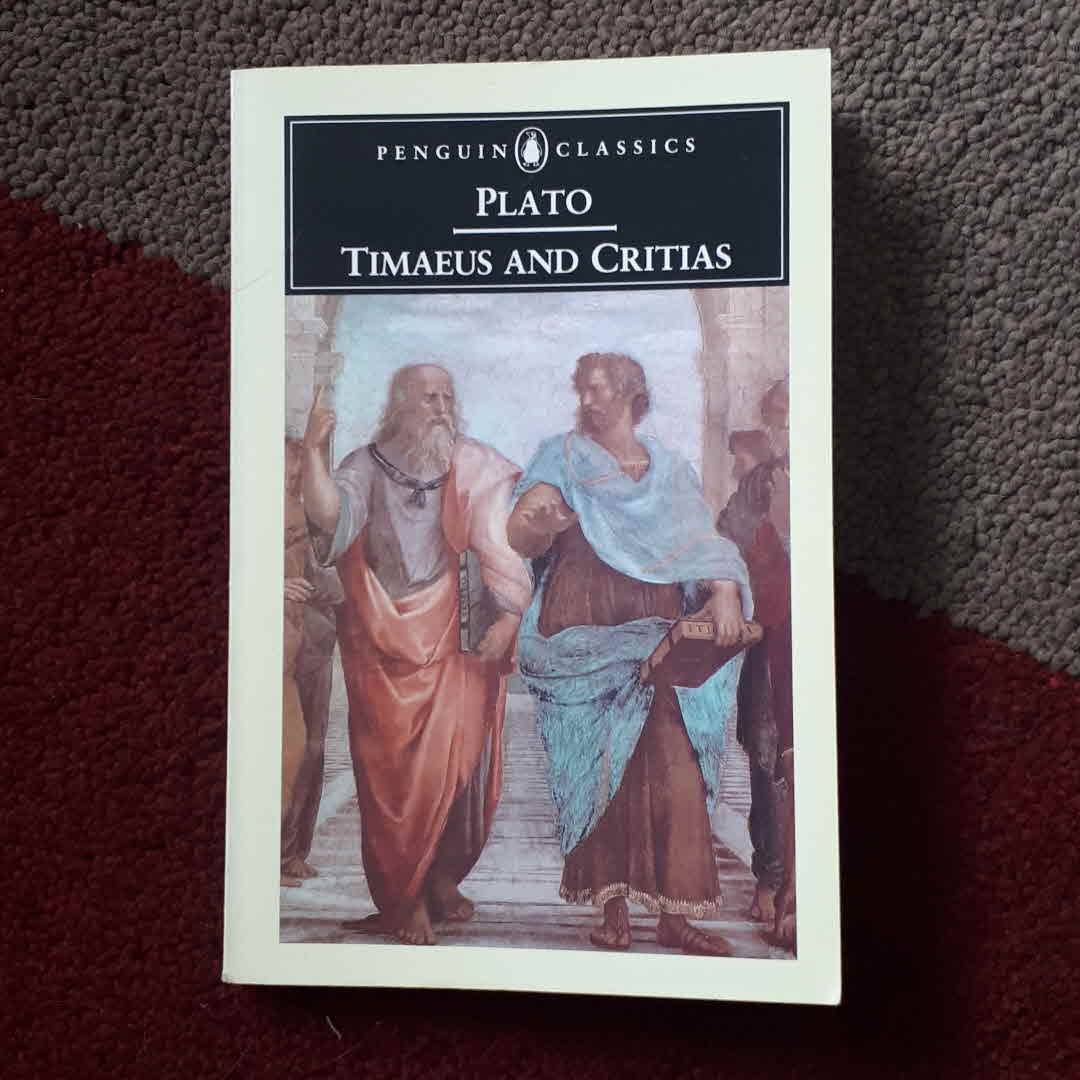
I mainly wanted to read Timaeus as it has the 1st literary reference to Atlantis, which myth I've long been fascinated by. It does start out with the lost city, but quickly moves on to the 1st Greek account of a creator being and Plato's conception of the physical universe (everything is made of triangles!). The incomplete Critias really delivers on Atlantis, being the 2nd part of a trilogy Plato didn't complete, and which annoyingly finishes mid-







